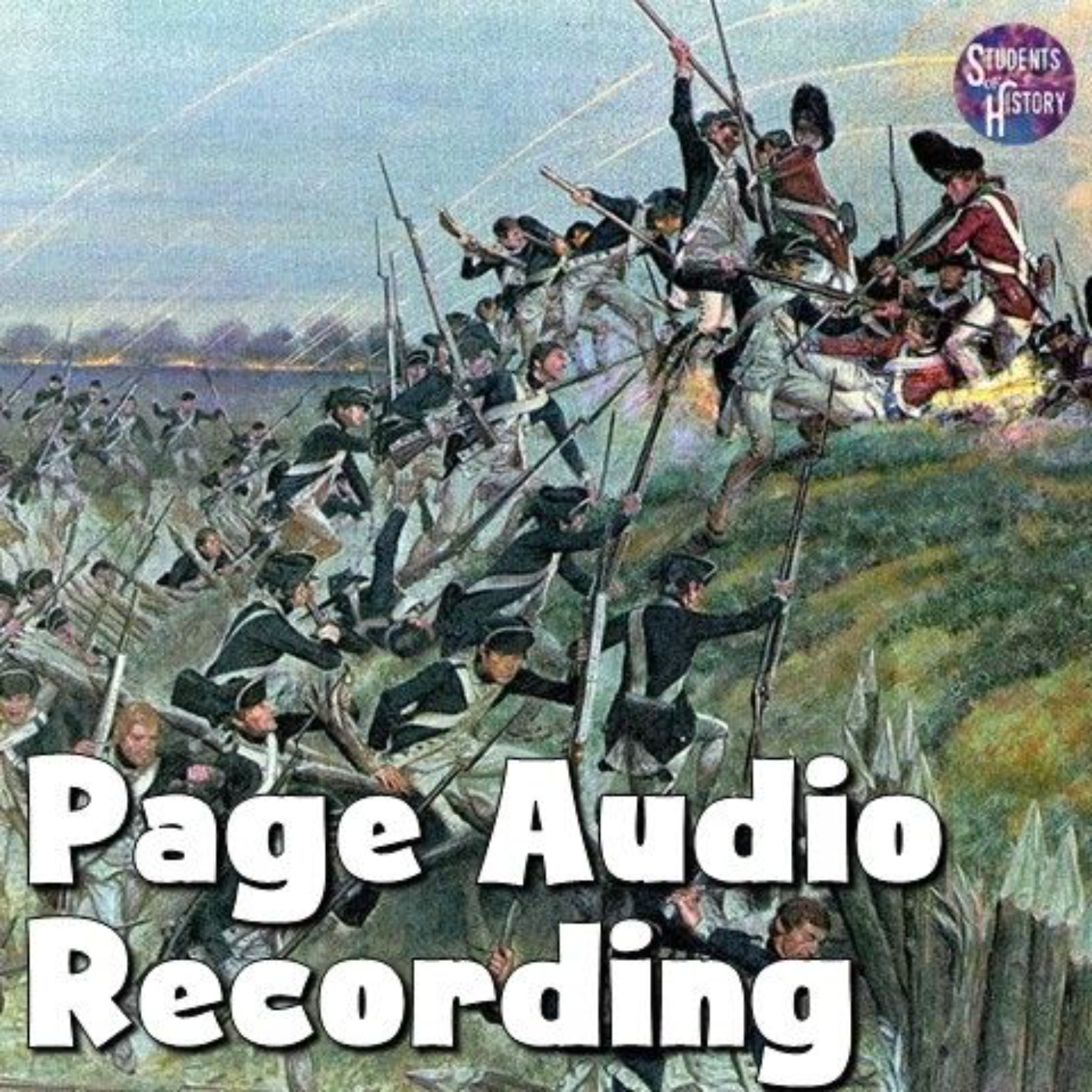Important Works of the Enlightenment

During the Enlightenment, there were many writers producing influential works and ideas that spread across the globe. Many works were written about how governments should move away from absolute monarchies and better represent the people. These books were widely distributed and read by countless people. The ideas caught on and eventually led to both the American and French revolutions.
Leviathan
The author of Leviathan, Thomas Hobbes, was greatly influenced by the English Civil War and the chaos that followed. In his book, he argued that without government, life would be “nasty, brutish and short.” A strong government was needed to keep the peace. He also believed in social contract theory, which says the government must have an unspoken agreement to protect people and work in their best interests.
The Spirit of Laws
Another great work of the Enlightenment was The Spirit of Laws by Baron de Montesquieu. Montesquieu was a French lawyer and wrote about the separation of powers, or splitting up power within a government. He believed separating powers within a government is in the best interest of the people. He said, “To become truly great, one has to stand with the people, not above them.” Montesquieu’s ideas about the separation of powers became the basis for the system of checks and balances in the United States Constitution.
Two Treatises on Government
Two Treatises on Government was written by John Locke. John Locke was an English philosopher and writer. In this book, he argued that man has the natural rights of life, liberty and property. This was a very influential book of the time which was widely read across Europe and the Americas. One of the most important aspects of this work was that Locke believed that the people had a right to rebel against an ineffective ruler. Basically, if the government was not doing their job, the people had the right to replace them.

The Social Contract
Jean-Jacques Rousseau, a Swiss-born philosopher, was responsible for one of the most influential works of the Enlightenment, the social contract. This was a theory about how the government should treat their subjects. The theory argued that a government is an agreement or contract between ruler and people. This contract said that the government has to protect and work in the best interest of the people. In return, the people must follow the laws and rules put in place by the government.